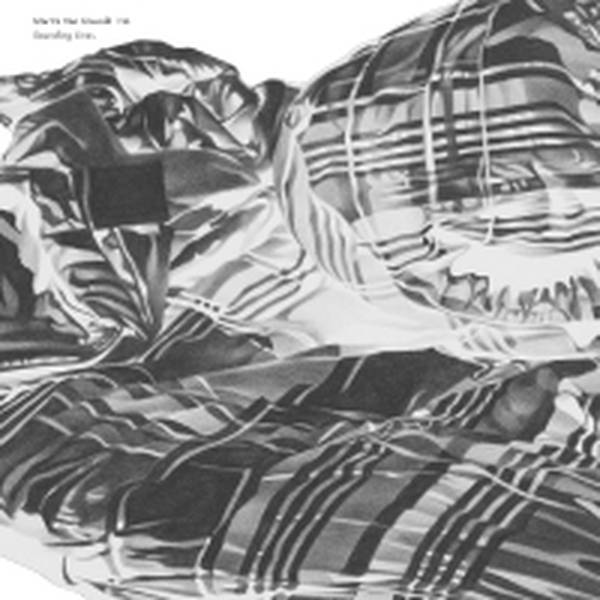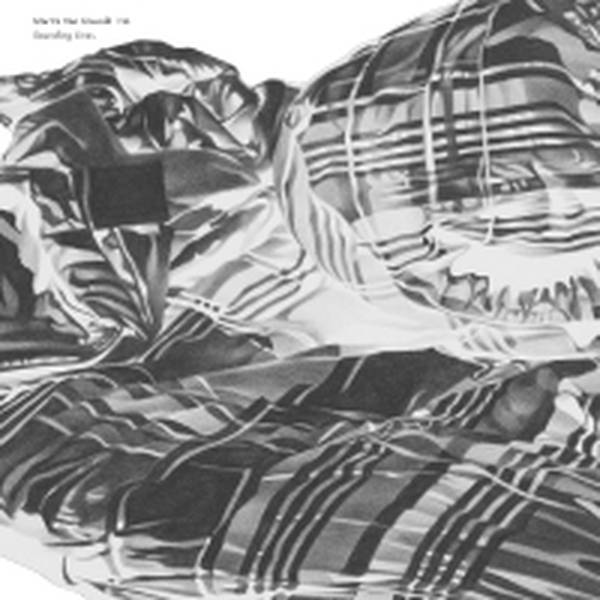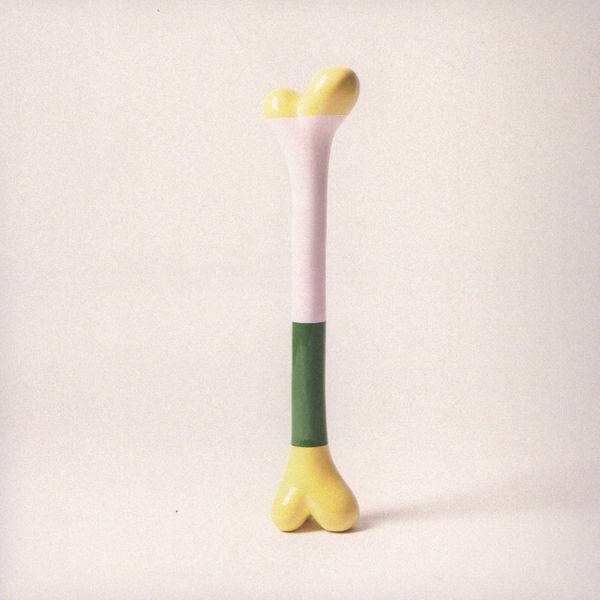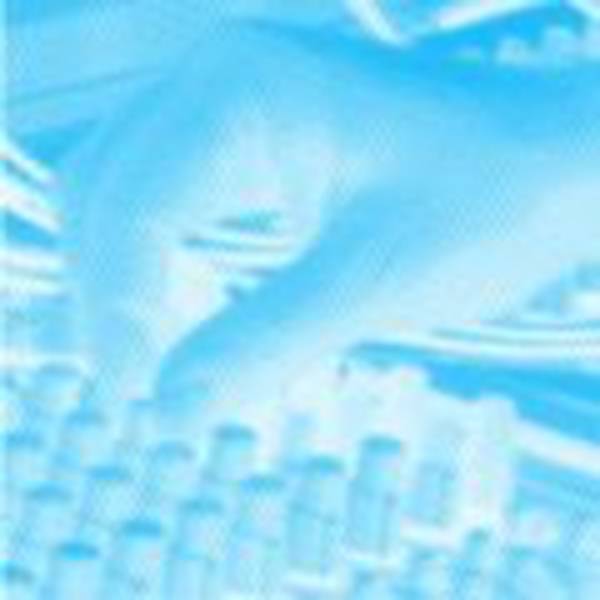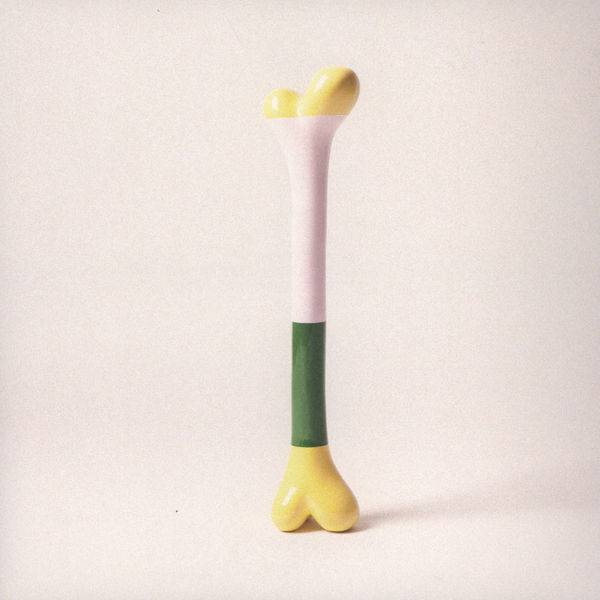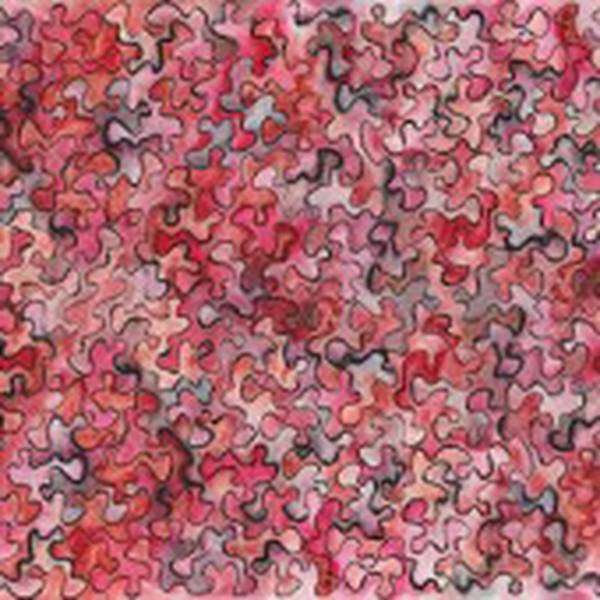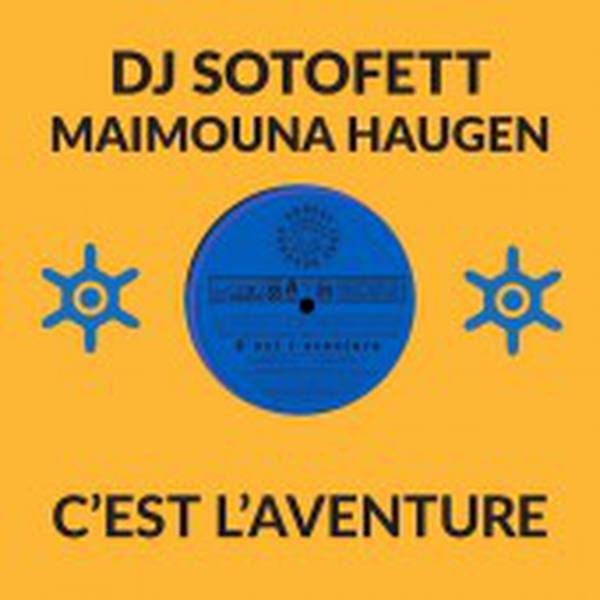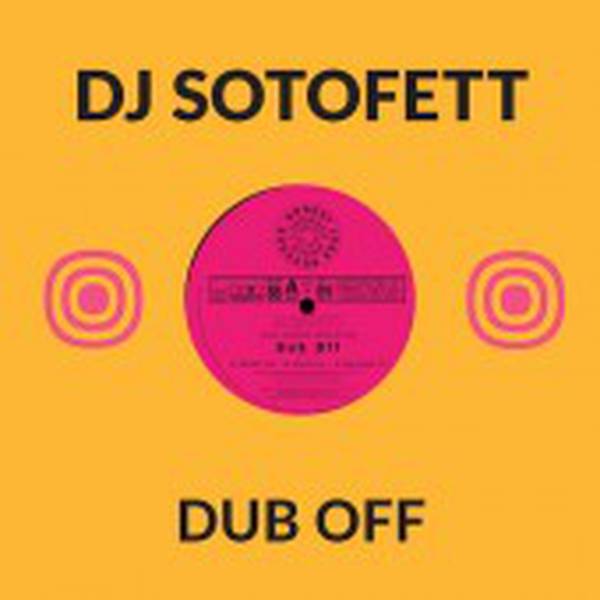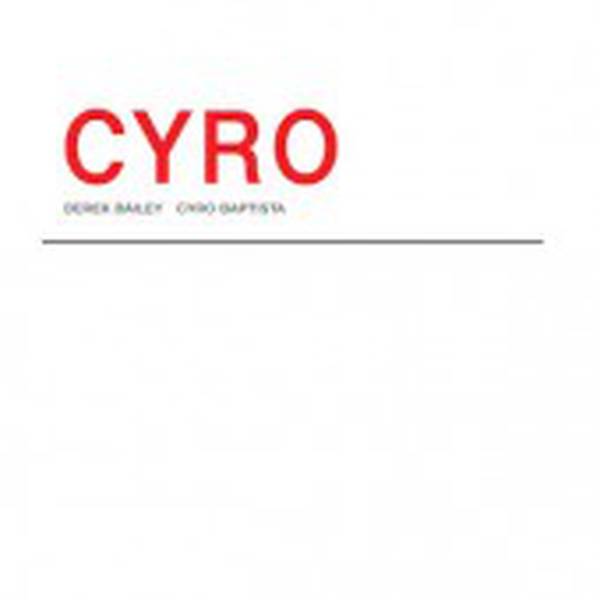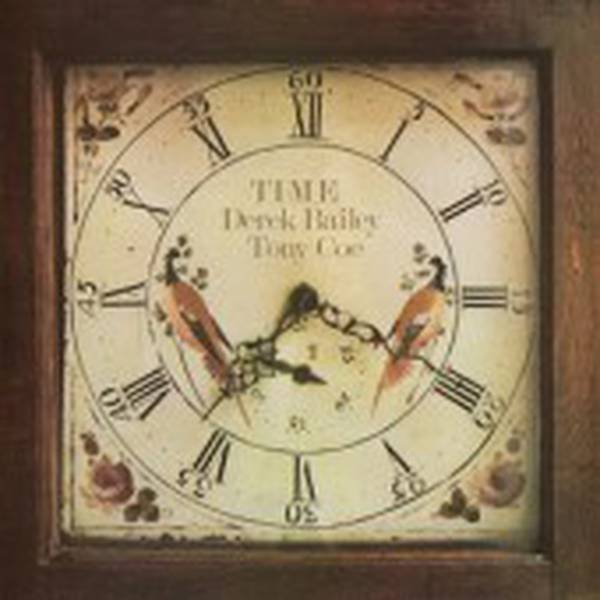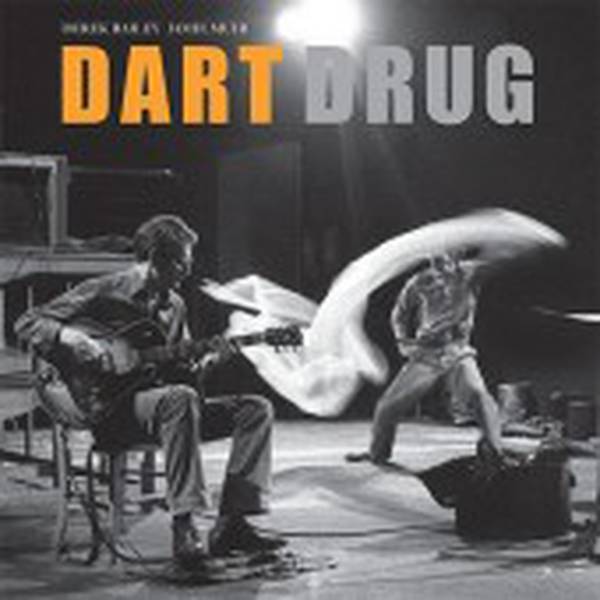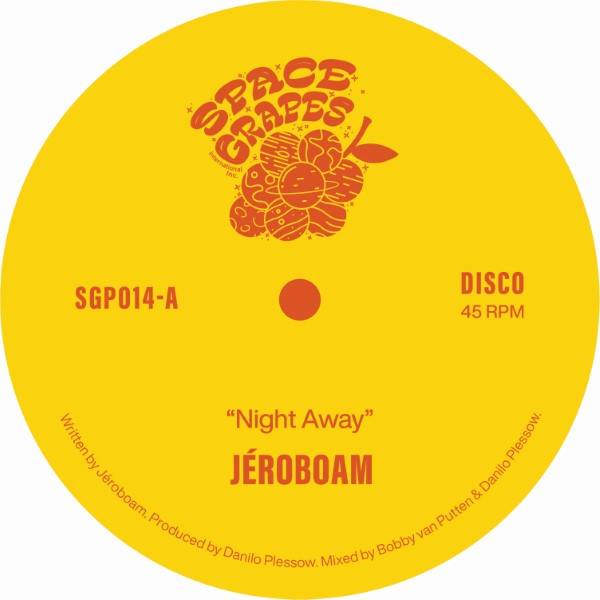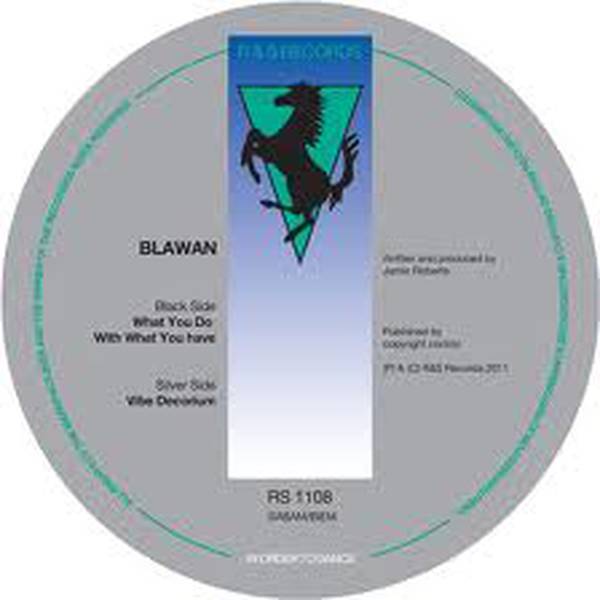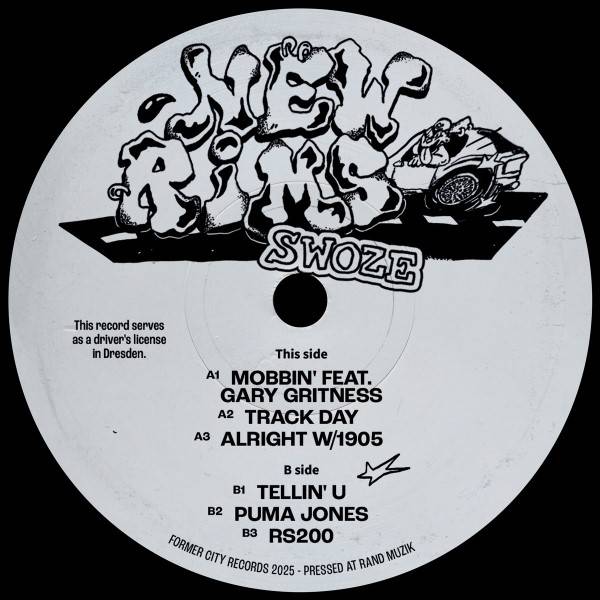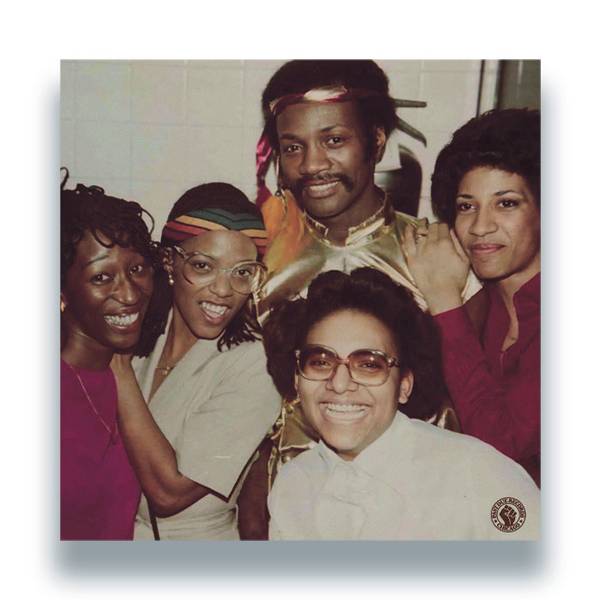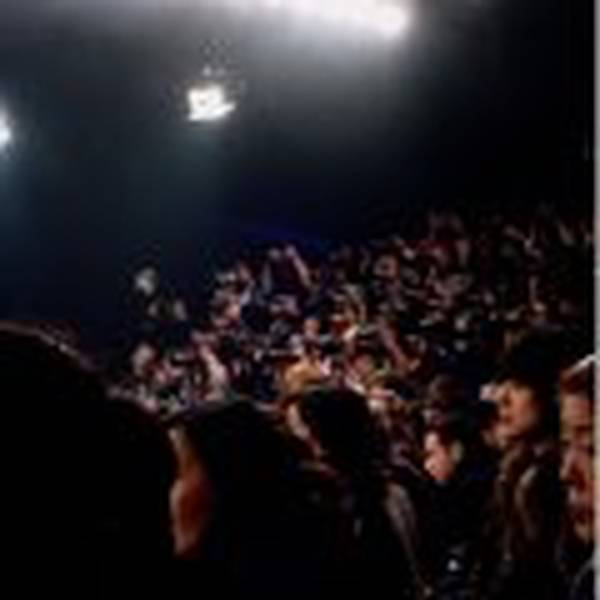
Tax included, Shipping not included
The Moritz Von Oswald Trio operates at the bleeding edges where musical lineages collide. Feeling for the shared heartbeat that pulses through dub, techno and jazz, it seeks out points of contact before exploding them outward into hypnotic explorations of rhythm, texture and tone. After two previous studio albums and one live album through Honest Jon's, the Trio - Moritz von Oswald, Max Loderbauer (NSI / Sun Electric) and Sasu Ripatti (Vladislav Delay / Luomo) - returns with Fetch, their most fully-realized voyage yet into these in-between worlds.
At once umbilically connected to and completely distinct from all the musics that they draw from, the Trio's subliminal musings on the connections between musical forms are expressed by Fetch as a series of beguiling contradictions. Rigid vs. fluid, playful vs. deadly serious, machine vs. human, sensual vs. austere: all of these seemingly opposing forces are allowed to intermingle across four longform tracks, sometimes played off against one another, occasionally brought together in tense unison before springing apart once again. This is crackling, charged music - electronica performed live, the players' neural impulses flowing into their instruments. Fetch further cements the Moritz Von Oswald Trio's status as a unique voice in modern electronic music - as supple, intuitive and alive as the most exploratory of jazz.
Recorded in August 2011, Fetch finds von Oswald, Loderbauer and Ripatti in a darker and more driving mood than on previous albums. Joined by ECM’s Marc Muellbauer on bass (from second album Horizontal Structures) and Tobias Freund (for the first time since debut Vertical Ascent), to add live effects in real time, they laid down the foundations swiftly, with the entire recording completed in around four hours. Later, instrumental overdubs were added by Jonas Schoen (flute, bass clarinet, saxophone) and trumpeter Sebastian Studnitzky.
As with their previous recordings, at the roots of the Trio's third studio album lie the same concerns which informed von Oswald's pioneering work with Mark Ernestus as Basic Channel, Maurizio and Rhythm & Sound. Many of the sonic signatures persist - silvery clouds of reverb, heavily effected dub chords, the grounding rumble of sub-bass, motifs repeated and twisted to every angle. Fetch's second track Dark is a monolithic steppers' in slo-mo, recalling Rhythm & Sound at their densest, most dread. Set to the soft throb of a four-to-the-floor kickdrum, third track Club is the album's explosive heart, expounding Basic Channel's inversions of dancefloor into twelve minutes of heady techno.
But Fetch is an altogether more ambitious vision than anything the Trio has released to date. Even just a quick glance at its art-work and titles is enough to confirm that something new is afoot. On the Trio's previous albums, individual tracks felt more like variations on a theme, composite. This was reflected in their uniform titles, as numbers in sequence. In contrast, Fetch's track names evoke a dizzying whirl of ideas and associations. With each cut itself a separate entity - something von Oswald says was intentional - their titles are perfect snapshots of the zones they explore.
Opening track Jam cuts deep into jazz, its darting trumpet melodies sinking the impulsive and questing approach of On-The-Corner Miles into the nocturnal yearning of Lift To The Scaffold. Yangissa bookends the album in much the same way but heightens the drama, its soft African brass polyphony lent added intensity by the ritual patter of nyabinghi-style drums, dubbed out into echoes that rattle around the mix. It's a bewitching combination, fourteen minutes playing out a perpetual battle between chaos and control.
Both tracks highlight a distinct shift in Ripatti's approach to percussion. A trained jazz drummer, for this album he summoned more unusual percussive sources, embellishing von Oswald and Loderbauer's synth work with diffuse sprays of static, ominous mechanical grinding, earthy thuds and spidery clicks. These rhythms - dense, organic and difficult to predict - are one of Fetch's defining features. They feel built from the very matter of the earth, grounding the album where both Vertical Ascent and Horizontal Structures would drift untethered. They also carve out a cavernous, resonant space for the music, far more expansive than before.
Tracklist
Track 1
